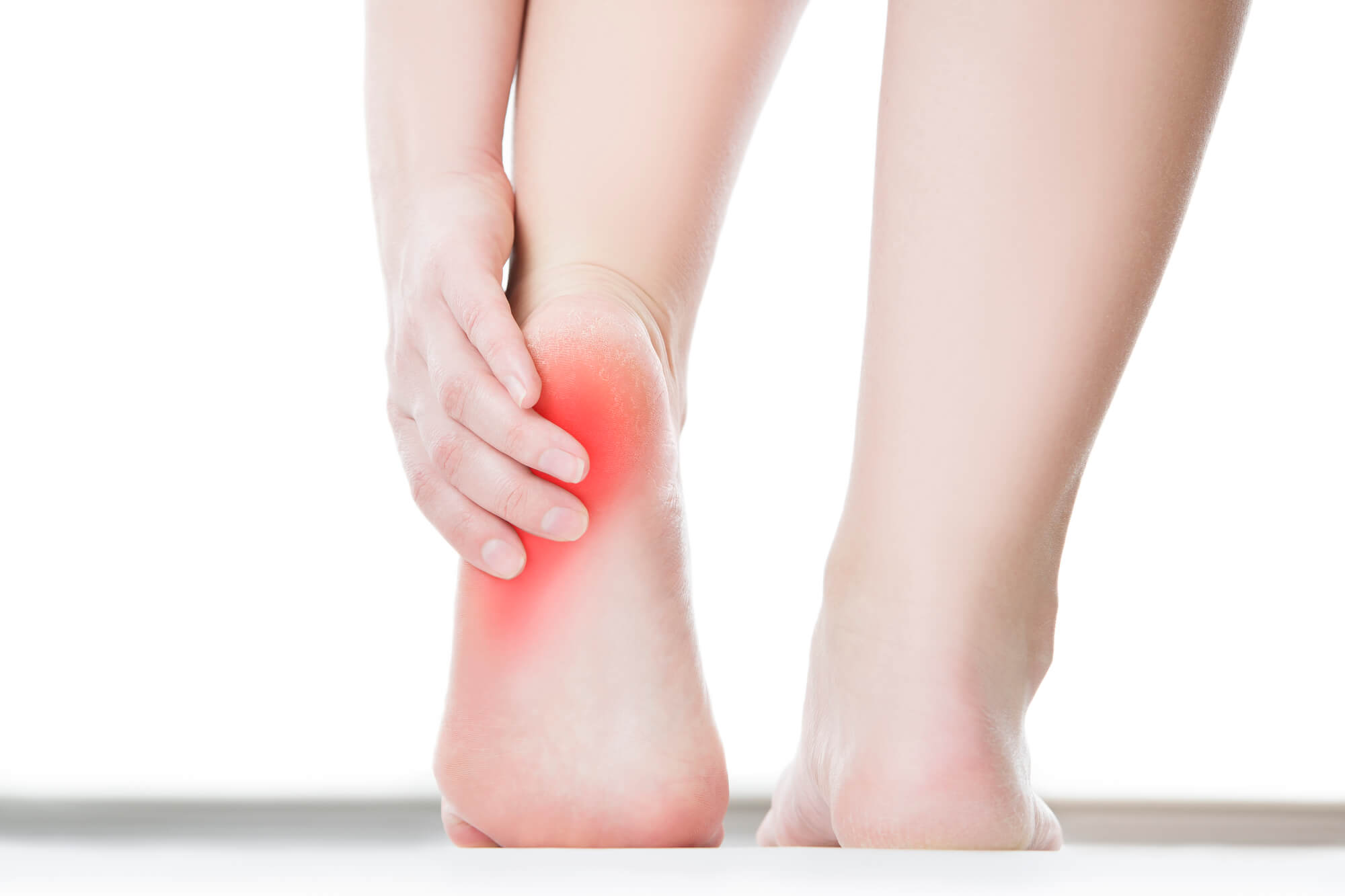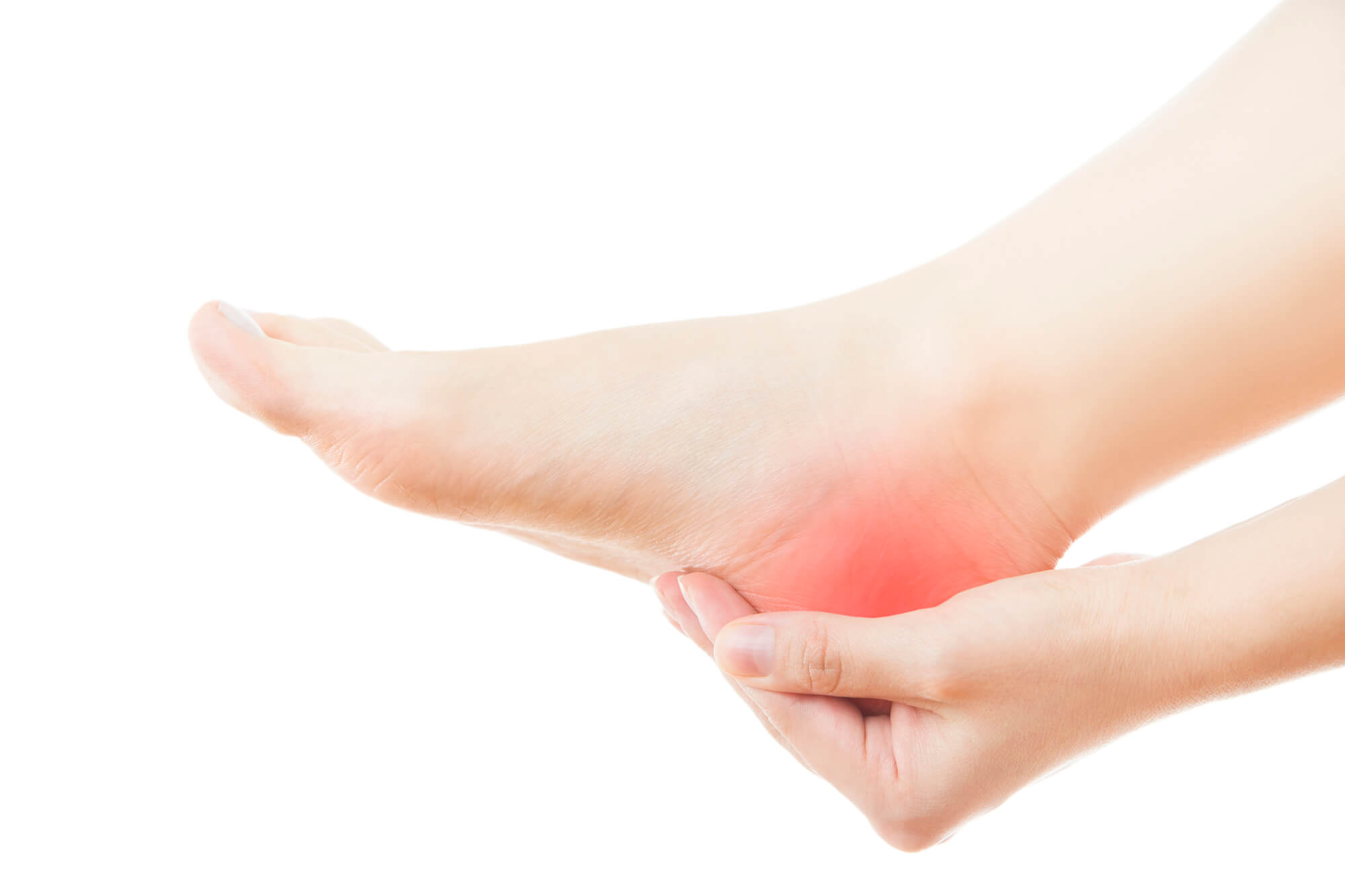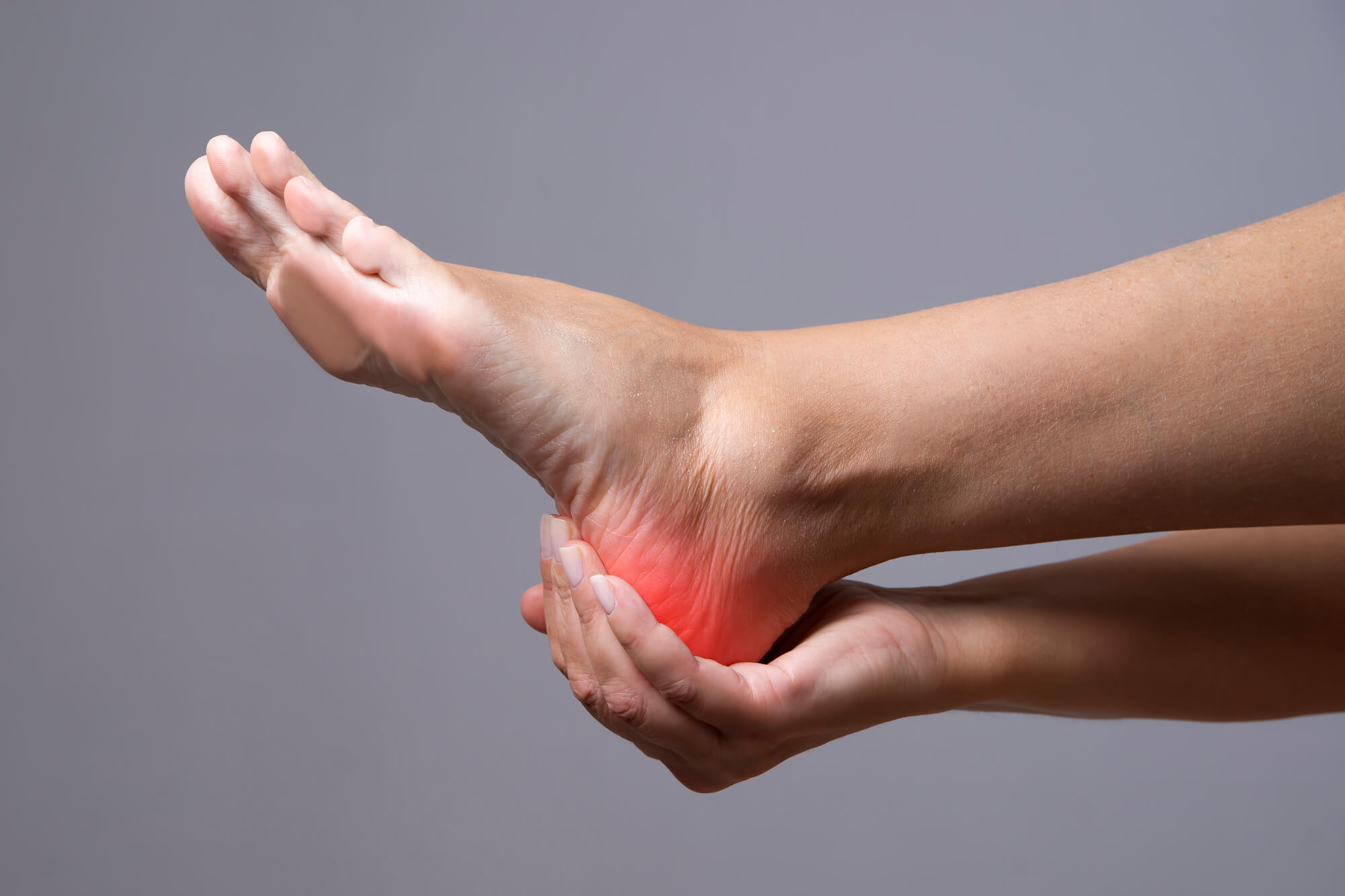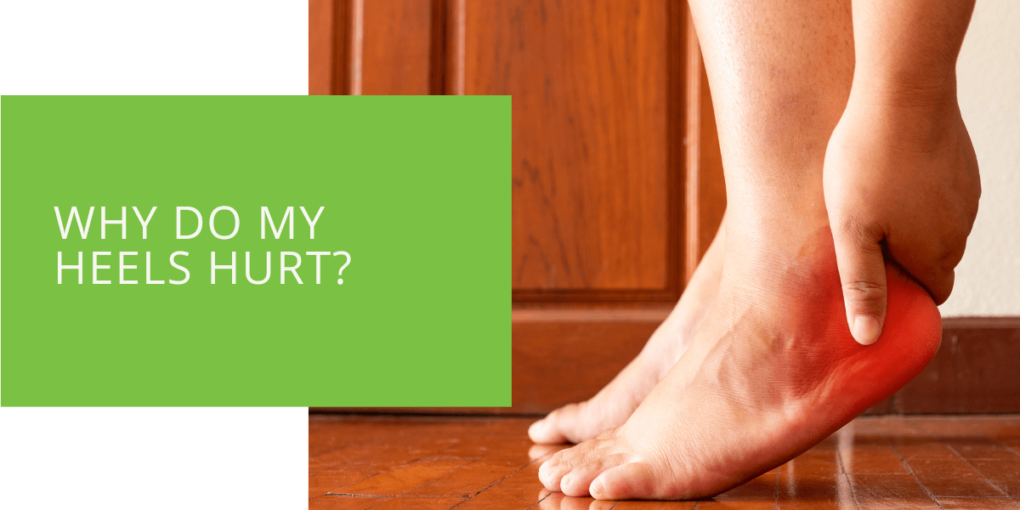Why Do My Heels Hurt? Common Causes and Solutions
Heel pain is a common issue that can affect people of all ages. Various factors can cause it, and the severity of the pain can range from mild to severe. If you're experiencing heel pain, you're not alone. This article will explore the most common causes of heel pain and provide you with information on treatment options and prevention techniques.
Symptoms of Heel Pain
The symptoms of heel pain may vary depending on the cause, but common signs include:
- Pain in the heel, especially when standing up after sitting or lying down
- Pain that is worse in the morning or after standing or walking for long periods
- Pain that is relieved by rest
- Swelling in the heel
- Redness in the heel
If you're experiencing any of these symptoms, it's important to speak with a healthcare professional, such as a podiatrist, to determine the cause of your heel pain.

Common Causes of Heel Pain
There are several common causes of heel pain. Some of the most common include:
Plantar Fasciitis
Plantar fasciitis is a common cause of heel pain that occurs when the plantar fascia, a band of tissue that runs along the bottom of the foot from the heel bone to the toes, becomes inflamed. This inflammation can cause pain in the heel and along the bottom of the foot. Plantar fasciitis is often caused by overuse or by wearing shoes that do not provide adequate support.
Heel Spurs
A heel spur is a bony growth on the heel bone that can cause pain in the heel. Heel spurs are often caused by plantar fasciitis, as the inflammation of the plantar fascia can cause the body to form a spur in an attempt to provide additional support. Heel spurs can also be caused by other factors, such as wearing shoes that do not fit properly or walking on hard surfaces for extended periods.
Achilles Tendonitis
The Achilles tendon is the largest tendon in the body and connects the calf muscle to the heel bone. If this tendon becomes inflamed, it can cause pain in the back of the heel. Achilles tendonitis is often caused by overuse or by wearing shoes that do not provide adequate support.
Stress Fractures
A stress fracture is a small crack in a bone that is caused by overuse or repetitive impact. Stress fractures can occur in the heel bone and cause heel pain. They are often caused by running or jumping on hard surfaces or shoes that do not provide adequate support.

Treatment Options
The treatment options for heel pain will depend on the cause of the pain. Some common treatment options include:
At-home remedies
Several at-home remedies may help alleviate heel pain. These include:
- Rest: Avoiding activities that exacerbate the pain and giving the heel time to heal can be helpful.
- Ice: Applying an ice pack to the heel for 20 minutes several times a day can help reduce inflammation and pain.
- Stretching: Stretching the calf muscles and plantar fascia can help alleviate pain and improve flexibility.
Prescription Medications
In some cases, a healthcare professional may prescribe medications to help alleviate heel pain. Nonsteroidal anti-inflammatory drugs (NSAIDs), such as ibuprofen, can help reduce inflammation and pain. In severe cases, a healthcare professional may prescribe corticosteroids to be injected into the heel to reduce inflammation.
Physical Therapy
Physical therapy can help treat heel pain by improving flexibility and strength in the foot and ankle. A physical therapist can also teach you exercises to do at home to help alleviate pain and prevent future heel pain.
Surgery
In rare cases, surgery may be necessary to treat heel pain. Surgery may be recommended if other treatment options have not been successful or if the cause of the pain is severe.

Prevention
There are several steps you can take to help prevent heel pain:
Proper Footwear
Wearing shoes that fit properly and provide adequate support can help prevent heel pain. Look for shoes with good arch support and a cushioned sole. Avoid wearing high heels or flip-flops, as these types of shoes can strain the heels.
Stretching and Strengthening Exercises
Stretching and strengthening the muscles in the foot and ankle can help prevent heel pain. Some exercises that may be helpful include calf stretches, toe stretches, and arch raises.
Maintaining a Healthy Weight
Carrying extra weight can put additional strain on the heels. Maintaining a healthy weight can help reduce the risk of heel pain.
Conclusion
Heel pain is a common issue that can affect people of all ages. Various factors, including plantar fasciitis, heel spurs, Achilles tendonitis, and stress fractures, can cause it. Treatment options for heel pain include at-home remedies, prescription medications, physical therapy, and surgery. To help prevent heel pain, it's important to wear proper footwear, stretch and strengthen the muscles in the foot and ankle, and maintain a healthy weight. If you're experiencing heel pain, it's important to speak with a healthcare professional, such as a podiatrist, to determine the cause and develop a treatment plan.
FAQ
How do I get rid of the pain in my heel?
There are several options for treating heel pain. At-home remedies such as rest, ice, and stretching can help reduce pain. Over-the-counter or prescription medications may also be recommended to reduce inflammation and pain. Physical therapy and surgery are other options that may be recommended in more severe cases. It's important to speak with a healthcare professional, such as a podiatrist, to determine the best treatment for your specific situation.
When should I be concerned about heel pain?
It's always a good idea to speak with a healthcare professional if you're experiencing heel pain. In general, you should be particularly concerned about heel pain if:
- The pain is severe and does not improve with rest or over-the-counter pain medication
- The pain is accompanied by swelling or redness in the heel
- The pain is causing difficulty walking or standing
- The pain is not relieved by at-home remedies
What does it mean when your heels are sore?
Various factors, including plantar fasciitis, heel spurs, Achilles tendonitis, and stress fractures, can cause heel pain. It's important to speak with a healthcare professional to determine the specific cause of your heel pain and develop a treatment plan.
What is the fastest way to cure heel pain?
The fastest way to cure heel pain will depend on the cause of the pain and the severity of the pain. In general, at-home remedies such as rest, ice, and stretching can help alleviate pain. Over-the-counter or prescription medications may also be recommended to reduce inflammation and pain. Physical therapy and surgery are other options that may be recommended in more severe cases. It's important to speak with a healthcare professional to determine the best treatment for your specific situation.
Does heel pain go away?
In many cases, heel pain will go away with proper treatment. At-home remedies, medications, physical therapy, and surgery can all be effective in reducing heel pain. However, it's important to follow a treatment plan and take steps to prevent future heel pain, such as wearing proper footwear and maintaining a healthy weight.
What causes pain under the heel?
Various factors, including plantar fasciitis, heel spurs, and stress fractures, can cause pain under the heel. It's important to speak with a healthcare professional to determine the specific cause of your heel pain and develop a treatment plan.

